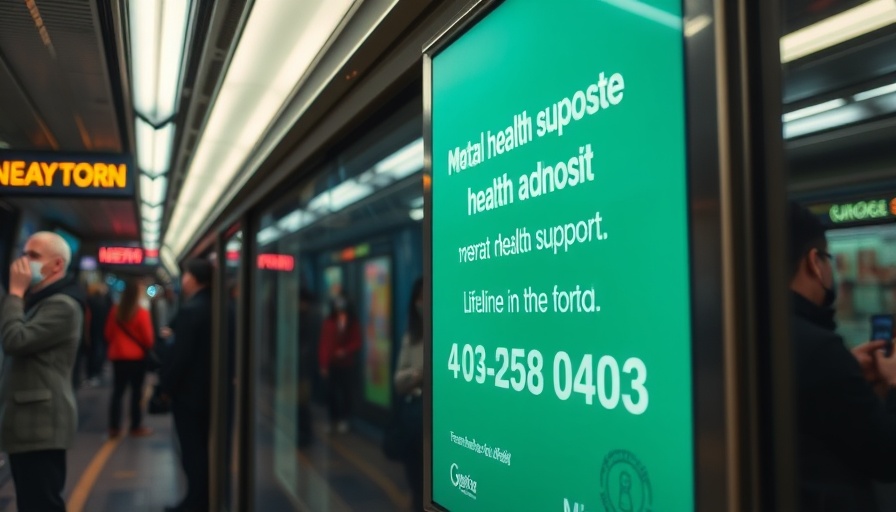
Understanding Trump's Early Budget Proposals on Mental Health
As President Donald Trump's 2026 budget blueprint unfolds, significant implications surface regarding mental health and addiction spending. It’s crucial for the millions of Americans affected by these issues to follow the evolving conversation.
Key Areas of Concern in the Budget Proposal
The most pressing concern arises from the proposed cuts exceeding $22.6 billion across three federal agencies linked to mental health and addiction. The administration's claim of streamlining efforts belies widespread concern from advocates and health practitioners about the effects these cuts could have on crucial services.
Among the elements to track is the potential fate of programs like the suicide and crisis hotline, 988. Although officials announced a plan to maintain funding levels, skepticism persists about the effectiveness of a static budget against rising demand. For context, a country grappling with nearly 50,000 annual suicide deaths juxtaposes poorly against proposed funding stability.
Navigating the Confusion Surrounding Suicide Prevention Initiatives
Total spending on the 988 system for the upcoming year is pegged at $520 million, consistent with current fiscal levels. Meanwhile, proposed allocations of $95 million for other suicide prevention programs add layers of complexity to the discussion. The difference in narratives between the official proposals and leaked documents fuels ambiguity, leaving stakeholders in uncertainty.
Looking Ahead: The Importance of Advocacy in Mental Health Spending
Trump's budget reflects broader national priorities that must align with public health needs, highlighting the necessity for advocacy in health care funding. With disparities evident in budgetary allocations and the administration's historical choices regarding mental health, keeping a watchful eye on legislative developments is imperative.
As engaged and informed citizens, it’s time to harness our voices and advocate for mental health resources that safeguard public wellbeing. Despite the early proposals' mixed messages, raising awareness can shape a more supportive framework for the millions living with mental health challenges.
 Add Row
Add Row  Add
Add 




 Add Row
Add Row  Add
Add 



Write A Comment